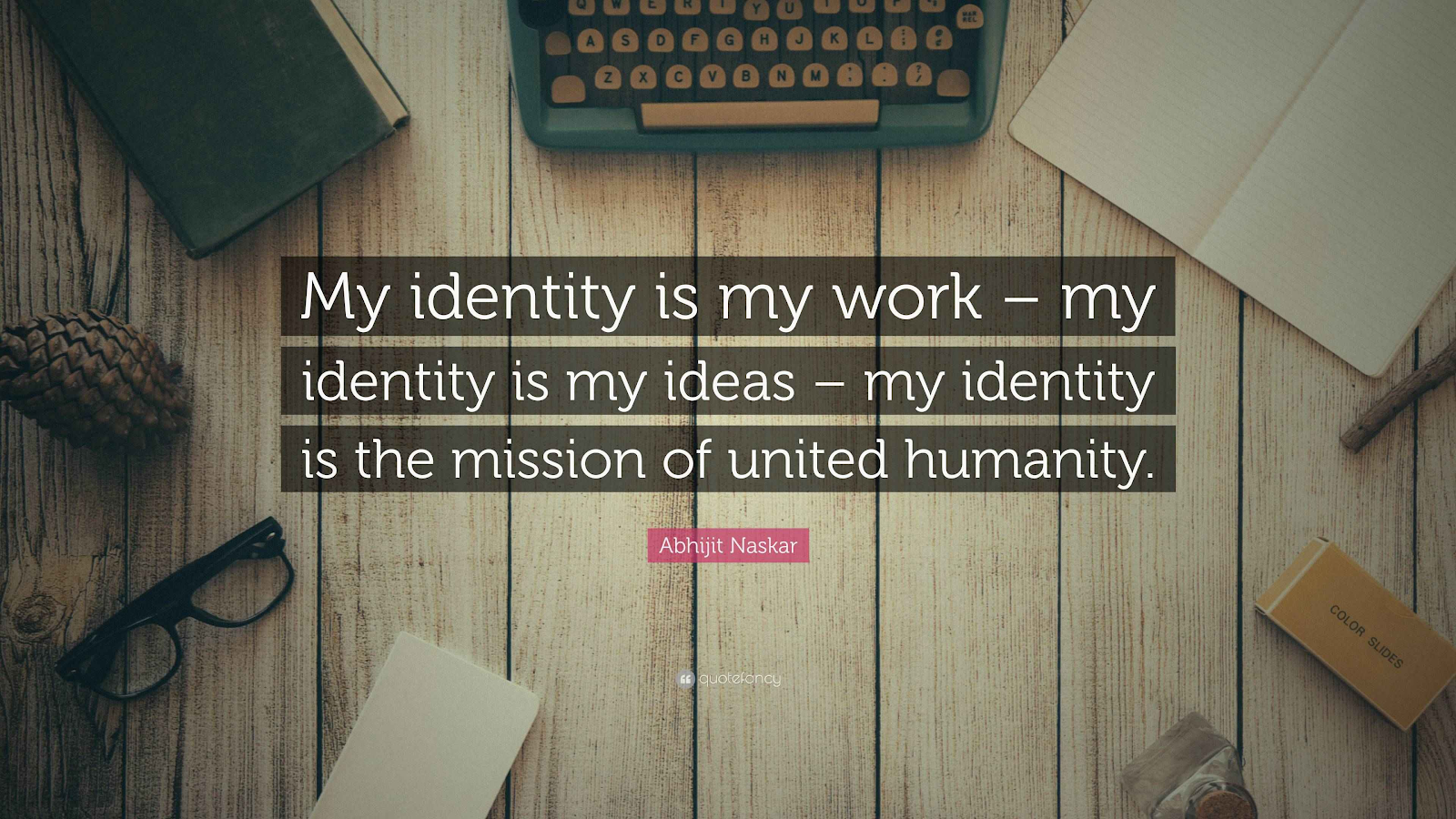Great Expectation vs. Reality Dilemma: Why Life Rarely Matches Our Dreams
Have you read the "Great Expectation" by Charles Dickens? Have you gone through the pain and gain by the main character Pip? The struggle of PIP, the expectation vs reality is the phenomenon that affects everyone, from wide-eyed travelers to ambitious professionals and even everyday consumers. Let’s dive into some real-life examples, surprising statistics, and the psychology behind this all-too-common struggle.
Travel: The Instagram vs. Reality Effect
We’ve all seen those breathtaking travel photos—crystal-clear waters, empty beaches, and exotic landscapes. But what happens when we get there? Expectation: A serene sunrise over Bali’s famous rice terraces. Reality: Battling hundreds of tourists for the perfect shot while sweat drips down your back.
A study by Expedia found that 67% of travelers feel disappointed when their destination doesn’t match the online images. Social media has fueled unrealistic travel expectations, making people chase experiences that might not exist in real life. This leads to what's known as "destination disappointment."
Career: The Dream Job Myth
We grow up believing in dream jobs—where work is exciting, passion-driven, and financially rewarding. The Expectation: Landing a high-paying, fulfilling job with flexible hours and a fun office environment. The Reality: Long hours, tight deadlines, office politics, and—let’s not forget—an inbox that never stops filling up.
According to a Gallup report, 85% of employees worldwide are disengaged at work. The issue isn’t just the job but the expectation that work should always be fulfilling. The truth? Every job has its highs and lows, and finding purpose often requires effort rather than just the right company.
Relationships: Hollywood vs. Real Life
Romantic movies have conditioned us to expect grand gestures, deep conversations, and an effortless connection. Expectation: A soulmate who understands you without words, plans surprise dates, and never forgets an anniversary. Reality: Misunderstandings over text messages, debates about where to eat, and occasional awkward silences.
A study by the Pew Research Center found that 61% of people believe finding the “perfect” partner is unrealistic. Love isn’t about perfection; it’s about effort, patience, and understanding that nobody is straight out of a rom-com script.
Fitness: The Six-Pack Fantasy
Every January, gyms are packed with enthusiastic newcomers determined to achieve their dream body. Expectation: Shredded abs and toned muscles in just a few months. Reality: Sore muscles, slow progress, and the realization that fitness is a lifelong journey, not a quick transformation.
A study by Strava revealed that 80% of people who set fitness resolutions abandon them by mid-February. Why? Unrealistic expectations. Health and fitness require consistency, not overnight miracles.
Online Shopping: What You Ordered vs. What You Got
Who hasn’t fallen victim to an online shopping disaster? Expectation: The dress that looks perfect on the model. Reality: A fabric disaster that barely resembles the picture.
A survey by NPR found that 30% of online shoppers have received products that didn’t match their expectations. And let’s not even start on the endless cycle of returning items that looked far better in carefully curated advertisements.
The Science Behind the Expectation vs. Reality Dilemma
Why do we consistently overestimate outcomes? Psychologists call this the optimism bias, where we tend to believe that the future will be better than the past. While this bias keeps us motivated, it also sets us up for disappointment when things don’t go as planned.
Neuroscientists suggest that dopamine, the brain’s “reward” chemical, spikes when we anticipate something exciting. When reality doesn’t match up, dopamine levels drop, leading to feelings of frustration or regret.
How to Bridge the Expectation-Reality Gap
Practice Realistic Optimism – Hope for the best but prepare for challenges. A balanced mindset leads to less disappointment.
Embrace the Journey, Not Just the Outcome – Enjoy experiences for what they are, rather than what you think they should be.
Limit Social Media Comparisons – What you see online is often a curated, polished version of reality.
Adjust Your Standards – Not everything will be perfect, and that’s okay. Learn to find joy in the unexpected.







Comments
Post a Comment